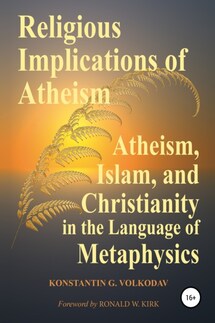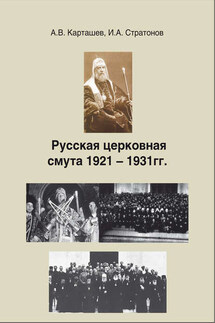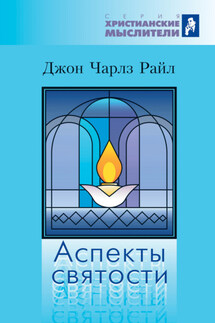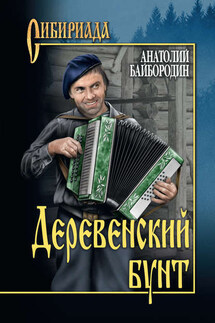Religious Implications of Atheism - страница 29
In addition, one should take into account the fact that even the holy fathers are not immune from intellectual errors. The famous patrologist Fr. George Florovsky said, that there is not one father of the Church, except St. Gregory the Theologian, who cannot find any not entirely correct statements. At the St. Gregory the Theologian, they are not only because he was too cautious in his writings. [50] Therefore it is necessary to evince wisdom and courage and not try to build an imaginary presence of God to fill the horrible emptiness of his absence.
In those countries where Christianity enjoyed the support of the state, attempts to preach it with purely intellectual methods were typical, with the help of the authority of theology. But this approach does not always lead to the desired results. Suffice it to recall that in the atheistic revolution of 1917 in Russia numerous graduates of Orthodox educational institutions took an active part.
Secondly, the liturgical aspect should be noted. Before the beginning of the Liturgy, the most important Christian worship, the deacon tells to the priest very important words, “It is time for the Lord to act”. [51] By that time, the Office of Oblation (Proskomide), the preparatory part of the Liturgy, has already been performed, and these words serve as a reminder to the priest that all his further movements and prayers cannot accomplish anything: the time has come when only the Lord will act. In Christianity there is no magic, there is no other High Priest except Christ, and there is no power other than the power of the Holy Spirit. No human effort, words and tricks can transform earthly into heavenly. God cannot be forced to commit something. He responds only to invoking him with a pure heart, that is, when the thoughts of human are pure from all that is unworthy of love. However, in his immeasurable love he descends to sinful people, not forced by anyone, like a father to disobedient children.
In this sense, Christianity really is the end of religion, that is, the end of the system of rituals, prayers, incantations, spells and other tricks in order to force or at least convince God to approach people. None of this is required. The paradox of Christianity is that God became human and through his Incarnation invisible became visible, the imperceptible became tangible, inaccessible became available. There is no rite, ritual or spell that can add or subtract anything to that.
Christian worship is born out of a sense of God’s presence; it is an expression of worship and reverence. It can facilitate the acquisition of a personal spiritual experience of communion with God, but cannot give it in some magical way. Unfortunately, it should be noted again that in historical Christianity there was a lot of deviations towards pagan, magical attitudes to ecclesiastical rites and sacraments.
Metropolitan Anthony of Sourozh said the following about this:
“I know a number of cases where Anglican or Catholic priests simply told a man who does not believe, who, as if in darkness, was in search of: ‘Be baptized and you will be given faith.’ This is a catastrophe. Faith is given, but not simply because the person was baptized. I knew two such people and accepted them into Orthodoxy, but I had to work with them for decades of years to make them out of despair and disappointment that God deceived them. The priest promised them in the name of God: ‘I will dip you into holy water, and you will receive faith.’ Dipped—and exactly nothing happened. In one case it was even worse: the man was mentally upset, he was promised not only faith, but also healing, and there was neither healing nor faith. So one must not promise that the sacraments will affect a person automatically. This is not a morphine injection, not a medicine that will work, whoever you are and whatever you do”.






